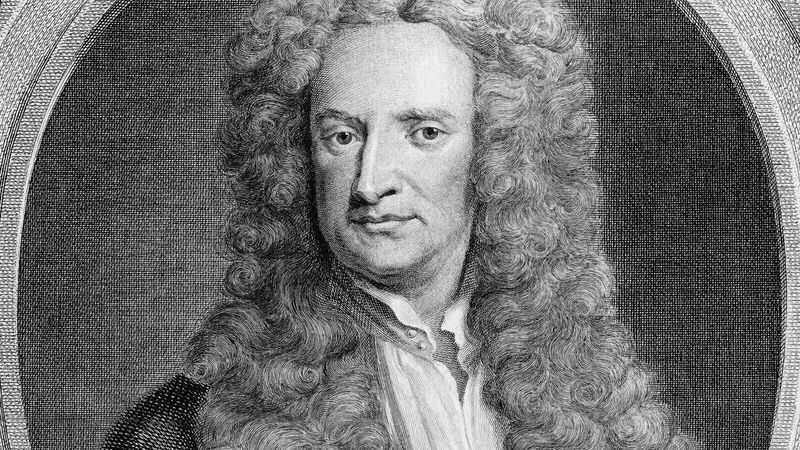Newton's brilliance
The idea that the plague woke the brilliance in Newton is wrong and misleading as a measure of how well we apply ourselves during our own plague spring.
Isaac Newton had begun to think about the most pressing questions in science in 1664, a year before the plague broke out. Similarly, when the epidemic finally burned itself out in 1666, Newton kept on doing the same kind of work when he returned to Trinity College. Retreating to the country itself was not the decisive reason for his inventions.
90
156 reads
CURATED FROM
IDEAS CURATED BY
The idea is part of this collection:
Learn more about personaldevelopment with this collection
The differences between Web 2.0 and Web 3.0
The future of the internet
Understanding the potential of Web 3.0
Related collections
Similar ideas to Newton's brilliance
Isaac Newton's productivity
In 1665 Isaac Newton, a young scholar of Trinity College, fled from the Bubonic plague to his home, about sixty miles from the university. While in solitude, he would invent calculus, create the science of motion, unravel gravity, an more.
The plague created the conditions in which mod...
Read & Learn
20x Faster
without
deepstash
with
deepstash
with
deepstash
Personalized microlearning
—
100+ Learning Journeys
—
Access to 200,000+ ideas
—
Access to the mobile app
—
Unlimited idea saving
—
—
Unlimited history
—
—
Unlimited listening to ideas
—
—
Downloading & offline access
—
—
Supercharge your mind with one idea per day
Enter your email and spend 1 minute every day to learn something new.
I agree to receive email updates
